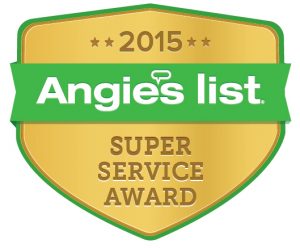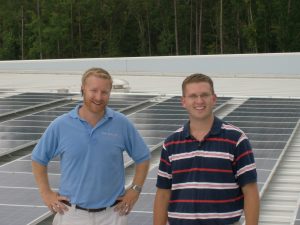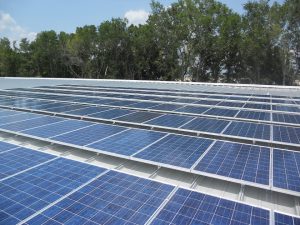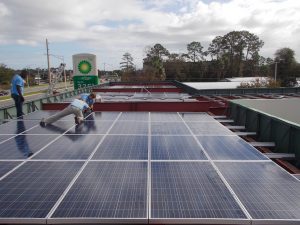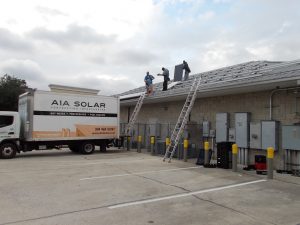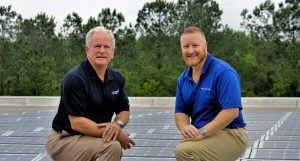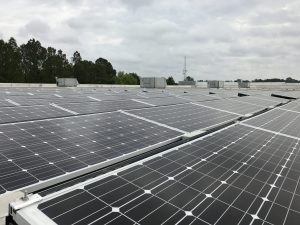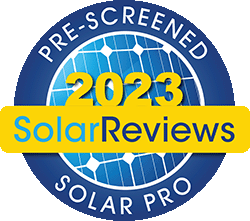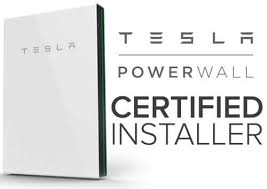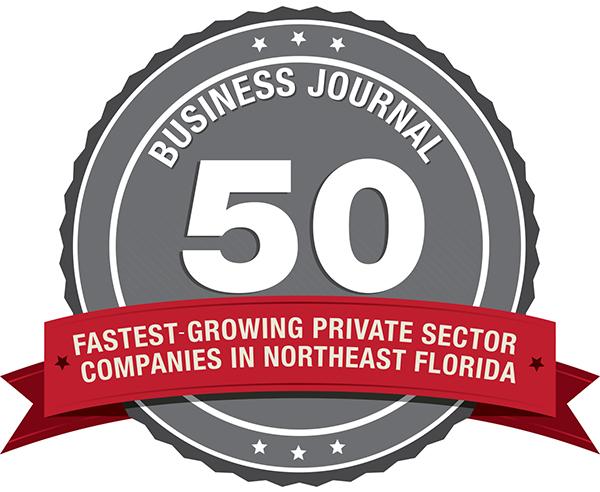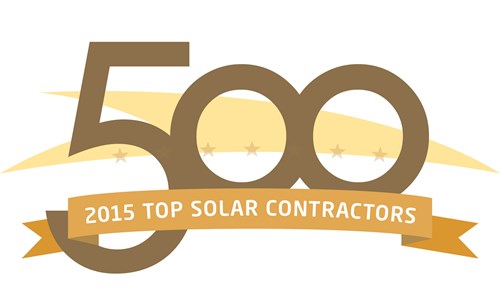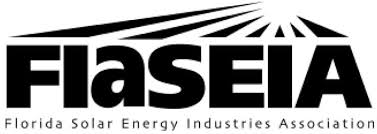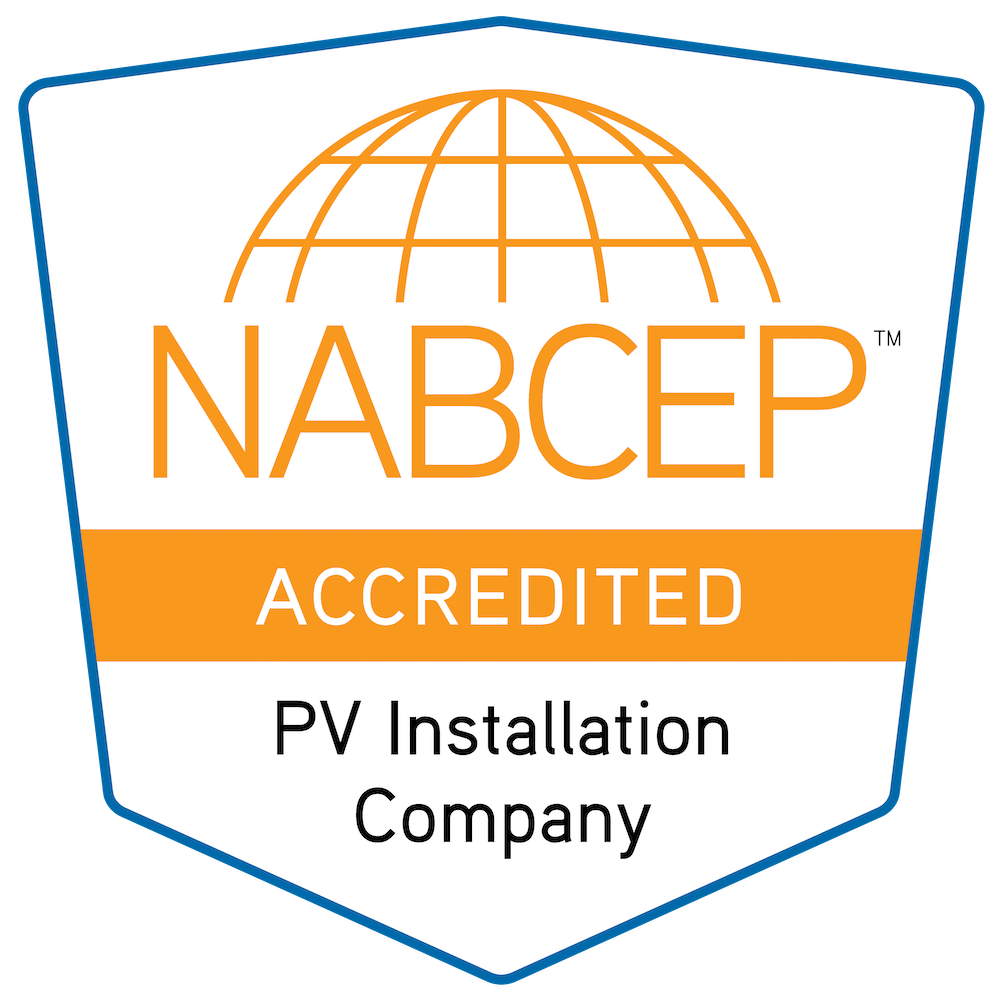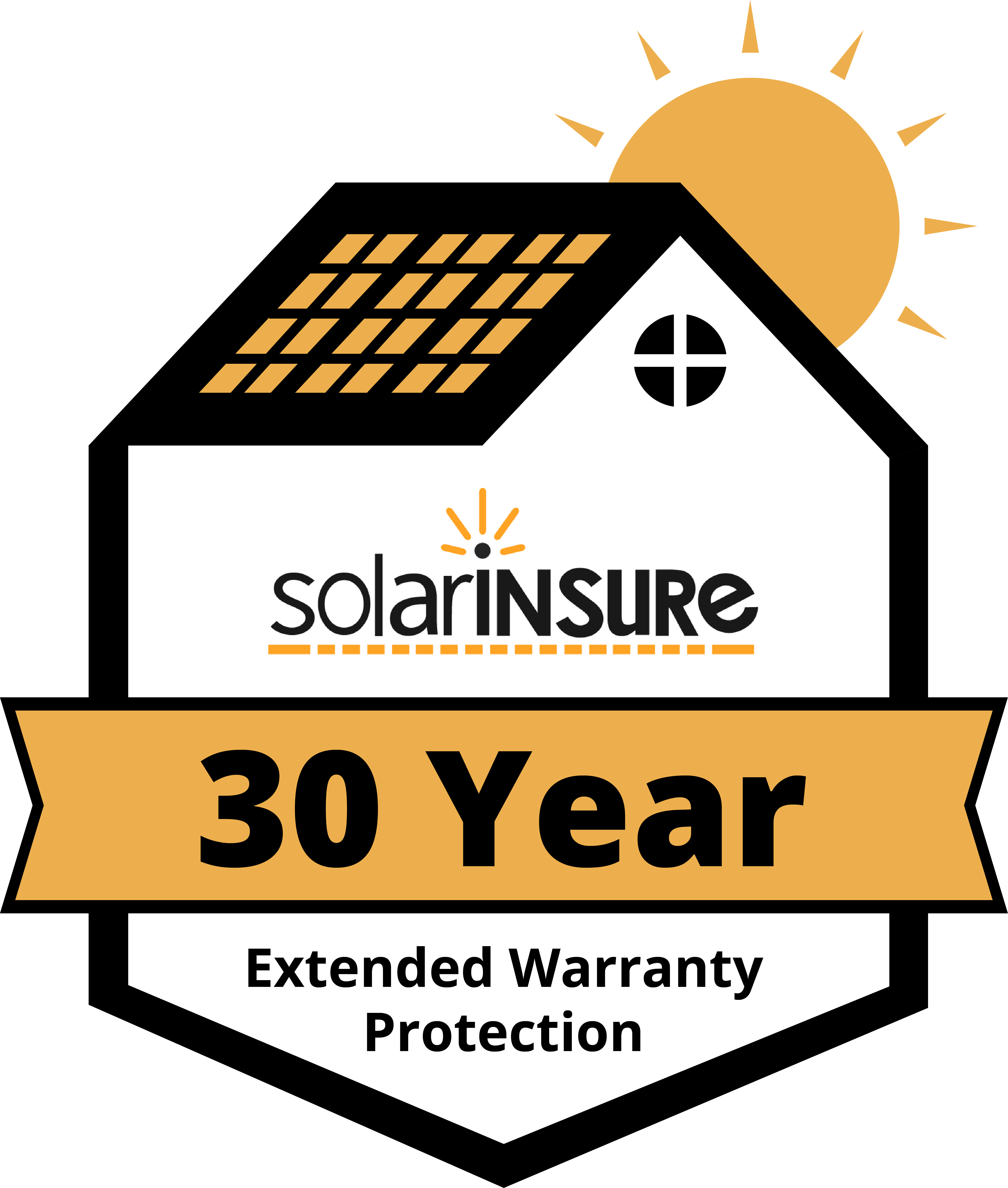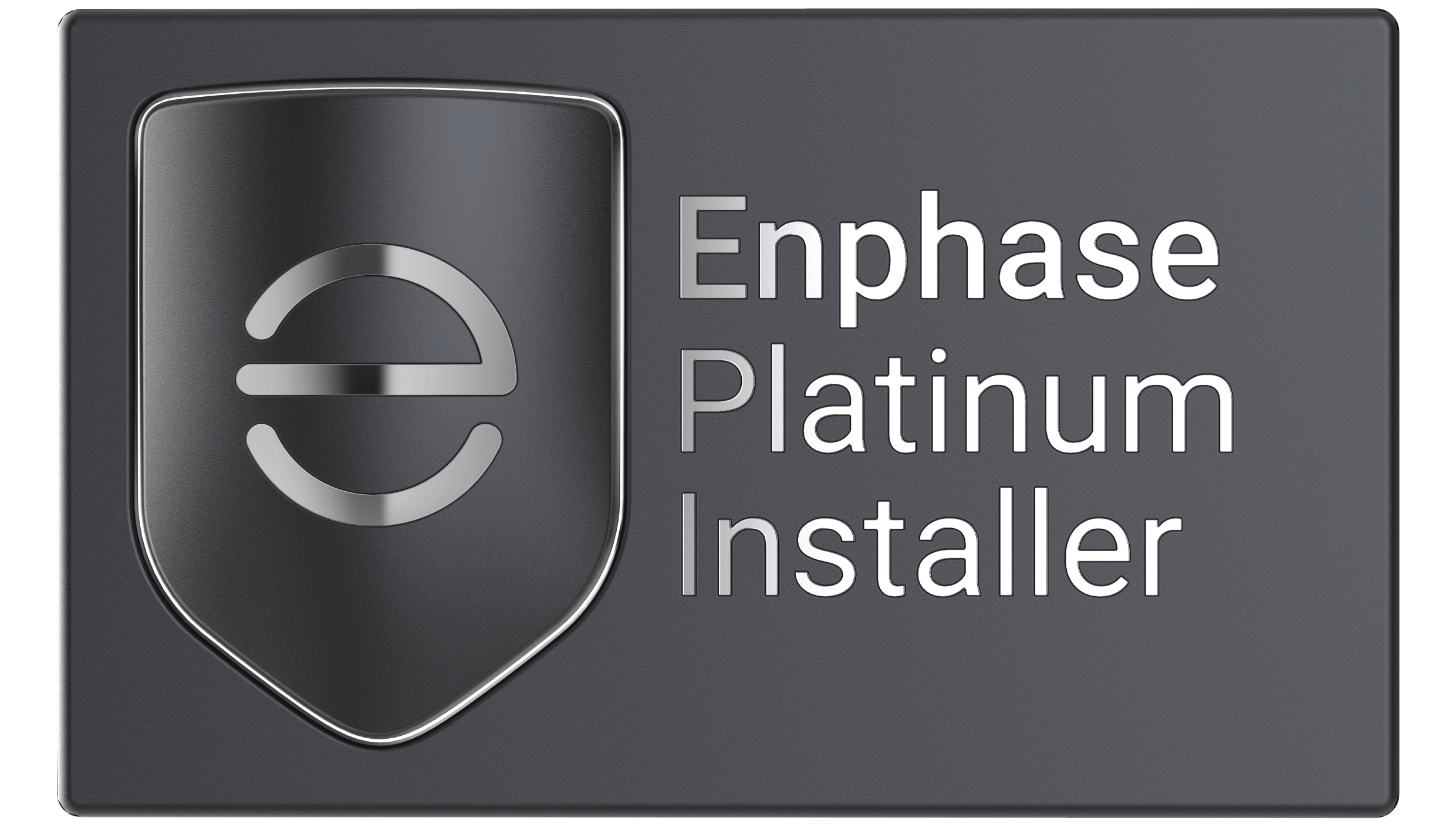2015 Angie’s List Super Service Award

A1A Solar Contracting, Inc Earns Esteemed 2015 Angie’s List Super Service Award
Award reflects company’s consistently high level of customer service
A1A Solar Contracting, Inc has earned the service industry’s coveted Angie’s List Super Service Award, reflecting an exemplary year of service provided to members of the local services marketplace and consumer review site in 2015.
“Only about 5 percent of the companies in Jacksonville have performed so consistently well enough to earn our Super Service Award,” said Angie’s List Founder Angie Hicks. “It’s a really high standard.”
Angie’s List Super Service Award 2015 winners have met strict eligibility requirements, which include an “A” rating in overall grade, recent grade, and review period grade; the company must be in good standing with Angie’s List, pass a background check and abide by Angie’s List operational guidelines.
Service company ratings are updated daily on Angie’s List. Companies are graded on an A through F scale in areas ranging from price to professionalism to punctuality.
A1A Solar now selling backup generators
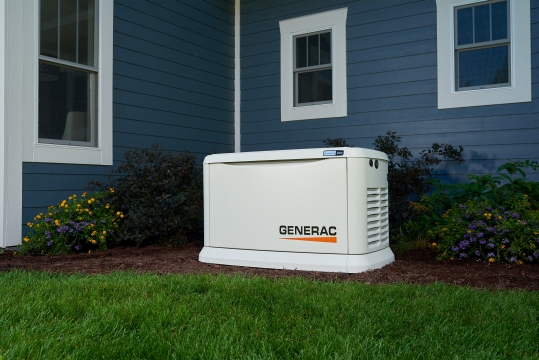
 Northeast Florida solar energy system installer now a Generac supplier
Northeast Florida solar energy system installer now a Generac supplier
A1A Solar is pleased to announce its partnership with Generac as an official generator supplier for homes and businesses in Northeast Florida. A backup generator offers you peace of mind during a power outage and complements your solar energy system to ensure you’re never without power. Generac backup generators automatically deliver electricity during an outage and can power your entire home or just the most essential items. A1A Solar will install the generator directly and safely to your electrical system, so there’s no need for extension cords running out of your windows or doors.
Hurricane season is upon us and Florida residents and business owners know it’s critical to prepare for long-term power outages. A1A Solar installs your Generac backup generator permanently outside of your home, just like your central air conditioning unit. It runs off your natural gas or liquid propane supply, so you never have to worry about refueling (no more gas cans!). All Generac generators run a self-test that ensures they are ready to perform when needed. You can program your generator to perform the test weekly, biweekly, or monthly. Generac generators are significantly quieter than portable generators and can last as long as you need them. For additional peace of mind, you can purchase Mobile Link, a software tool that allows you to monitor your generator’s current operating status, maintenance schedule, and more directly from your smartphone.
A1A Solar offers several options of Generac emergency generators that are ideal for companies large and small. They provide reliable power to keep your business running during a crisis or weather event. No matter the industry, losing power means losing money. Our industrial power generators have cost-effective fueling options that ensure your company continues to operate during a power outage, no matter the length of the outage or the energy requirements. Generac generators are engineered for commercial and industrial-sized use with multimegawatt capacities.
Having a backup generator provides you with the security in knowing your family will be safe and comfortable in the event of a power outage.
Solar Benefits for Businesses

Improving your business’s bottom line is a priority. This can be done by increasing revenue or reducing expenses or preferably both. Investing in a solar power system has both immediate and long-term value propositions for owner’s of commercial properties that are profitable and subject to income taxes. Here are a few reasons why businesses are turning to solar to manage their energy costs.
Making Financial Sense
As each customer’s situation is slightly different, we use multiple financial analysis tools to analyze the financial viability of your project. We provide this initial analysis to provide your business with a completely informed decision.[
Tax Credits Available
The federal government offers a 30% tax credit (with no limit) until December 31, 2019, along with accelerated depreciation. Utilities, local financial institutions and municipal governments have also begun to offer various incentives that make owning a solar power system more cost effective than ever. Click here to learn more about solar incentives for business.
Decrease Your Energy Bills
With energy costs a part of an annual budget that increases over 3% per year, going solar means turning a significant expense into a long term business asset. A typical commercial customer achieves complete payback after only 6-7 years. If financed, this can result in immediate positive cash flow, due to tax credits and accelerated depreciation.
So with a system life cycle of 30 years to harvest free sunshine, how much is 23 years of nearly eliminated electrics costs worth? It’s worth much, much more than the one-time investment in the solar panels, and it is better to invest in a solar array once than a monthly electric bill, which is simply a sunk cost that with a 0% return-on-investment.
Company Commitment to the Environment
Solar power systems emit no pollution into the atmosphere. This is another way to show your company is committed to the future by preserving it for our future generations. Let your customers know that you’re forward thinking (besides being a shrewd business person).
Predictable Energy from a Renewable Resource
As the sun’s energy is very predictable, the energy harvest from a solar power system is as well, especially on an annual basis. As a solar customer, you will become better versed with energy, conservation and energy production and will notice trends with solar production and the seasons. The proof is the electric bill— kilowatt-hours used less kilowatt-hours harvested, and when they are equal, you’ve reached net-zero!
A1A Solar has extensive commercial experience, including these prominent Florida businesses:
Science First of Yulee, FL
- 32.2 kW PV system, 140 panels
- 50% energy offset, 50% of this facility’s annual energy consumption is provided by the sun.
- Eliminates 55,477 lbs of CO2 pollution each year
- Equivalent to planting 4.29 acres of trees each year
- Reduces pollution equivalent of 66,572 miles of auto driving each year
BP Gas in Jacksonville, FL
- 59.28 kW PV system, 247 panels
- Installed in November 2013, 293 MWh produced to date (4/2017)
Champion Brands of Jacksonville, FL
 115.8 kW PV system, 340 panels
115.8 kW PV system, 340 panels- Energy offset of 169,081 kWh/yr. 20% of this facility’s annual consumption is provided by the sun.
“We’ve been very pleased with the installation by A1A Solar. Peter Wilking and his entire crew were professional and easy to work with. They coordinated with the outside electrical contractor, and the performance of the end product continues to meet our expectations. The entire project was completed on time and on budget.
After our system was up and running, we received a call from Peter, who’d been monitoring our system’s performance and had noted a drop off in power produced. (We had not noticed this.) They came out and identified a failure of one of the panels, which they quickly replaced at no charge. They also followed up to show us how to wash our panels to prevent pollen and dirt from reducing system efficiency. A1A Solar has done a great job prior to, during, and after the installation.” — Bob Lustenader, owner Lake Industries, Inc.
Solar Installation Process

Installing a solar power system is a straightforward process, a project taking place on your roof and by your electric panel. Typical installations take 2 to 4 days and will not cause any significant inconvenience to your life or home.
The A1A Solar team was very professional. They left not one thing out of place or any evidence of the work being done. I was so impressed with the courtesy of the staff. They were so good at their jobs and explained everything clearly.” — FL Residential Electric Customer
- Initial Onsite Consultation
We will meet with you to determine your wants and needs, evaluate your roof and energy bills, and then design a system to address your desires. We will also provide financing options and assist with loan pre-approvals. This is a free, no-obligation consultation. - Contracts & Approvals
Once you decide to move forward, our engineers will review your system’s layout and electrical requirements. We take care of everything else. We will submit the project for local permitting, contacting local utilities and submit an application to your homeowner’s association, as needed. This approval process typically takes a few weeks, and we order your equipment during this period. Once all permits are received and equipment on-hand, we will schedule your installation date. - Installation Day
Sometime between 8:00 and 9:30 AM, an A1A Solar truck with crew will arrive to begin work. The crew lead will introduce himself, and he will answer any of your questions. Note: Please ensure any items blocking your electric panels are out of the way. Once the last panel is installed, we will turn on your system for testing.[/vc_column_text] - Inspections
The local authority having jurisdiction (AHJ), usually the city government, will inspect your new system. Afterwards, the utility company will inspect our work as well and request for a new electric meter designed specifically for solar systems. - Meter Replacement
Within about a week, your utility company will change your meter to one specifically designed to track and record the energy your system will now produce.[/vc_column_text] - Your New Power System
With your new solar system in place, you can turn it on and start making your own electricity for years and decades to come.
Is Solar Right for You?

- Do you own your house?
- Does your roof get 5 or more hours of shade-free sun a day?
- Is your electricity provided by the local utility company?
- Do you pay federal income tax?
- If financing, is your credit score about 640 or higher?
If you answer “Yes” to the questions below, going solar is almost assuredly the right move.
Your next step is to contact us to schedule an onsite evaluation of your home and electric bills.
Solar Financing and Incentive Programs

Top-of-mind for many considering a solar energy system is cost. With many incentives and special financing programs offered through local financial institutions, it is easier than ever to go solar. Many factors go into the cost of a system, which is why speaking with an A1A Solar specialist should be your first step. With an assessment of your home or business and energy consumption, we can propose a system that meets your wants and needs with a maximum return on investment.
Residential Solar Financing
Financing a solar installation can make it easy to start saving money without delay or any up-front costs. We have several financing options, both secured and unsecured programs, with terms from 12 months up to 20 years. As solar power systems have an expected life cycle of 30 to 40 years of benefits, it can make financial sense to spread the initial cost over time. In many cases your monthly savings can match or exceed the loan payment for immediate positive cash flow.
For new construction or new home buyers, it makes perfect sense to finance a solar system with a 30 year mortgage, as this typically makes a strong positive cash flow scenario.
Financial Incentives and Resources
With current solar incentives, the initial solar investment cost is drastically reduced, accelerating return-on-investment and payback scenarios. These generous local/state rebates and federal tax credits make it a great time to invest in solar.
Until recently, the cost of installed solar power systems required some kind of financial incentive to make the economics work. Now we have found that even not-for-profit entities (which cannot use IRS tax credits) have favorable economics to purchase solar systems, depending on electric rates and system size.
Federal Tax Incentives
Why Go Solar?
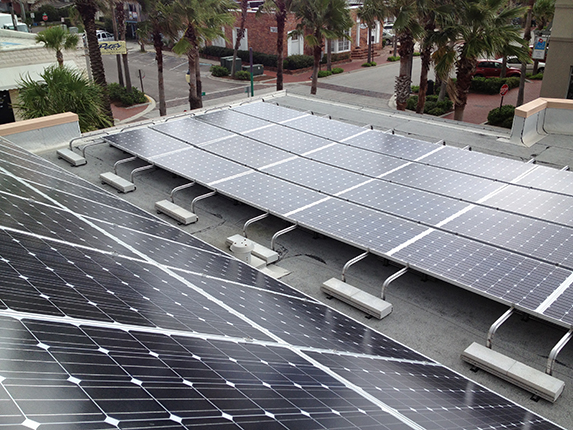
Create Your Own Power Plant

A solar power system is not an energy saving appliance, but an energy harvesting apparatus. Having solar means you own and operate your own power plant, instead of purchasing all your kilowatt-hours from the utility monopoly.
A solar installation is best complemented with a high-efficiency building, as fewer panels will be required to achieve net-zero, reducing array size and total investment.
Reduce Energy Costs
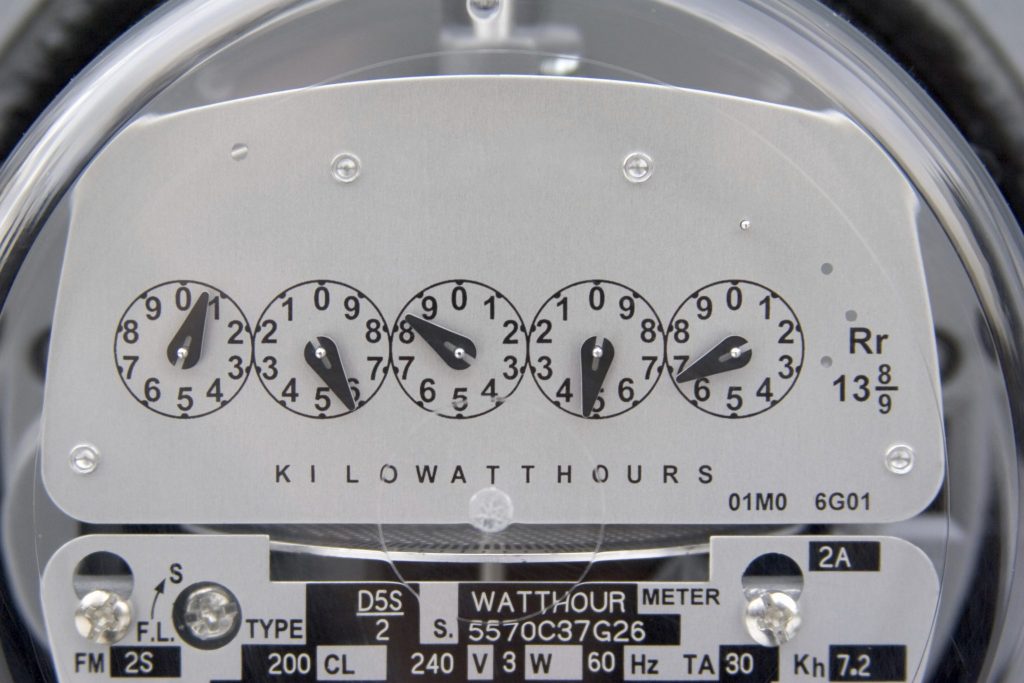
An average North Florida home sees an electric cost reduction of 70-90% with a grid-tied PV system. Applying this 30+ year avoided electric cost (a tax-free dividend) to a low-interest loan payment allows us to produce a zero net cost solution for many people.
Because solar allows customers to monetize sunshine, it behaves like an annuity, a one-time financial investment that receives an expected dividend for a set term. Most homeowners will see around a 7% annual return on their solar investment the first year. For qualified customers, a 3% interest loan can be made, so a tax-free 4% return is quite possible. Electric rates typically rise about 3.5% per year, and so this net return increases with each rate hike.
Increase Your Home’s Value
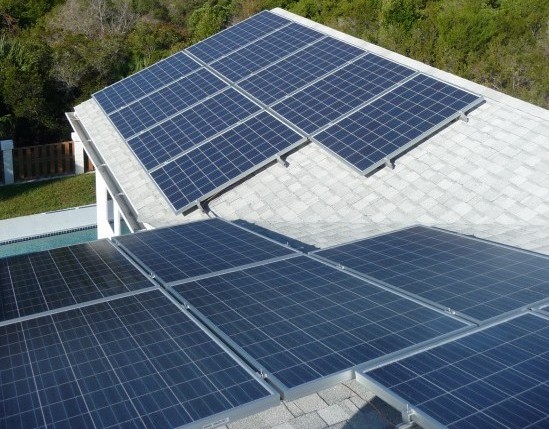
The average solar panel investment increases home resale value by about 3.5%. In most cases, this increase exceeds solar installation cost, providing an instant return on investment. This valuation increase is also exempt from taxes in most states, including Florida.
Read more about the solar-based home valuation increases in the study here.
Government Incentives
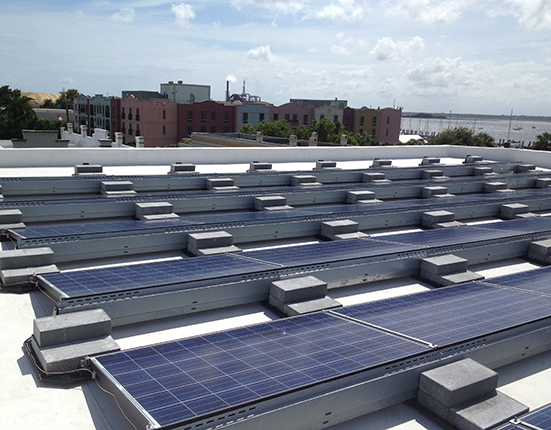
To encourage adoption of solar power systems, governments provide many financial incentives, including federal tax credits, utility rebates, production credits and no state sales tax. In addition, all Florida for-profit utilities are required to provide their customers full retail value for every solar-harvested kilowatt-hour (not all states have such laws), making Florida the ideal “Sunshine State.”
Check here to find all available solar incentives.
“Everything went well. My meter is going backwards!” — FL Electric Customer
More Reasons to Go Solar
- Harvesting sunshine is more cost-effective than paying the monopoly electric utility company for energy.
- Solar uses US domestic energy (sunshine) that reduces the need for oil from unfriendly countries overseas.
- A1A Solar uses solar equipment from proven US based companies.
- A1A Solar is a US company staffed with the finest US solar professionals.
- Today’s solar power equipment is advanced, mature technology providing the highest levels of efficiency and reliability expected by A1A Solar customers.
- Solar power panels are typically warranted for 25 years and have a lifecycle of 30+ years.
- Using solar energy is a fast-growing part of the solution to meet our world’s future energy needs without using fossil fuels and significantly reducing many forms pollution.
- With real-time, online system performance monitoring of solar production, you know what your system produces every day and every month, year by year.
- The path to solar ownership is simple with no-money-down financing (with approved credit).
- It’s fun to watch your meter spin backwards!
How Solar Works

Perhaps even before French physicist Edmond Becquerel discovered the photovoltaic effect with the first solar cell in 1839, the human race has attempted to harness the power of the sun. Many others built upon and improved solar technologies, so now individuals can have solar power systems that are reliable, efficient, cost-effective and environmentally friendly.
“We had a great experience using A1A, and we highly recommend them to others. They are very professional and knowledgeable, and very open to educating me about the product.” — FL Residential Customer, June 2012
Today, A1A Solar Contracting designs and installs solar power plants all over north and central Florida, allowing our customers to turn sunshine into usable electricity. Here’s a basic overview on how solar electric (photovoltaic) power technology works for both homes and businesses:
- Free Sunshine
The Sun is an abundant energy source that showers the Earth with an immense amount of solar radiation every day. When the photons in sunshine hit crystalline photovoltaic cells (as part of a solar panel), DC electricity is generated. - DC/AC Inversion
This DC electricity can be inverted to household AC power (usually operating in parallel with utility power, being grid- interconnected or “grid-tied”) so a building’s power needs are always met and completely seamless between the solar and utility, day or night. - Net-Zero
As a home or business will use an average number of kilowatt-hours per day, installing enough solar panels to harvest this same average amount will make the building net-zero. This is an ideal goal where you have all the reliability of being connected to a grid while offsetting your entire energy usage.
What is Net-Zero?
In a net-zero home, the meter will spin backwards as much as forwards in a typical 12-month period. In months where more electricity is consumed than harvested from the sun, the customer pays the utility company for the difference. In months where more electricity is harvested than consumed, the surplus is carried forward or “banked” as a cumulative credit.
Being net-zero will typically reduce electric bills around 90% (due to utility base rate charges, taxes and government fees). Depending on electric consumption, relative to roof area available, net-zero may not be possible, but in terms of return on investment, even if only 50% of the electric consumption is provided by solar, the economics are the same as if it were net-zero.
Grid Connection or Battery Back-up
A typical grid-interconnected PV system is quite cost-effective because no energy storage (batteries) is needed, significantly reducing equipment and labor costs. Solar panels produce electric power but do not store electrical energy like a battery.
Without energy storage, a grid-interconnected system will automatically shut down in the event of a grid-down situation. This is to ensure the grid is not back-fed with electricity, which can endanger utility workers making repairs.Although not as popular as grid-interconnected, battery back-up systems (off-grid or with grid-interconnect) are available to ensure continuous power regardless of availability of utility power, but they come with a significantly higher investment.
For battery back-up systems, the value proposition to a homeowner is ensuring long-term energy and power independence, regardless of utility grid status or the ongoing need for fuel required by a generator.
Solar FAQs

- Are panels on my roof at risk during a hurricane?
To meet Florida’s strict wind codes, solar panels must be fastened with a mounting system that anchors the roof sheathing with lag screws into the roof trusses, reinforcing the roof and making it stronger. These solar panels are less susceptible to damage from blowing debris. In some cases, the solar panels and roof below survive better than the non-solar areas after a hurricane. As with any home improvement covered by homeowner’s insurance, should damage occur a claim can be filed to cover necessary repairs. - What maintenance is required?
For grid-tied PV systems with no batteries, the only maintenance required is an occasional cleaning of the dirty panels (which produce less power), with clean panels ensuring maximum performance. Cleaning frequency is a function of how fast they accumulate dirt (known as “soiling” in solar terms). With no moving parts, solar panels do not wear out. For battery back-up systems, an annual battery inspection and test is also recommended. We provide services to clean solar panel arrays and inspect battery systems. - Will a PV system make my meter spin backwards?
It depends on your building’s demand at specific times. If your PV system is generating more power than your building is consuming (which happens often), then YES. Your meter will spin backwards proportional to the amount of power being fed back into the grid. If your building’s electrical load is more that the PV power output, then NO. The meter will not spin backwards, but it will be SLOWED proportionally to the power output. - Will having solar panels ensure I have power if the utility company has a power failure?
Grid-interconnected (or grid-tied) PV systems with no batteries or generator are designed to shut down if the utility power goes out. This is a safety requirement by law to ensure the PV doesn’t back-feed the utility lines and put utility workers at risk. If the PV is designed with battery back-up and/or a generator, then back-up power will be available when utility power goes out. - Should I consider heating my pool with solar pool panels?
Solar pool heaters have been popular for decades in Florida as a low-cost way to extend the pool season. Due to the large amount of roof area required for solar pool panels, many customers are moving away from solar pool heating systems to use that same area to make electricity with PV panels, then installing electric heat pump pool heaters to boost water temperatures when needed. Ironically, it is generally more cost effective to go this route because the PV panels are making electricity everyday and the heat pump is only used for short periods — the same amount of time the solar pool panels would be needed, wasting 10 out of 12 month for making electricity. - I’m concerned about the need to put holes in my roof to mount panels. Is this a potential risk for leaks?
In order to positively mount the panels to the roof, fasteners are necessary. Roof fasteners or penetrations are flashed to ensure a leak-proof installation for decades. By hiring a licensed and credentialed solar professional like A1A Solar, you can be certain your installation will be leak-free. In the case of standing-seam metal roofs and flat roofs, there are mounting systems that use compression hardware or ballast-type mounting systems that don’t require any holes to be drilled - Will a PV system be able to run my air conditioner?
Yes, and much more. Today’s PV systems are tied into the main building service panel and provide power to the whole house rather than just one appliance. This is much more efficient, because if the AC is not running, the solar power dedicated to it would otherwise be wasted. We are less concerned about “power output” at any given time (as the intensity of the sun varies throughout the day), but more interested in “energy harvest” in a given month, or more specifically, electric utility billing cycle. So rather than getting excited your system is showing 8,000 watts of power at noon, you’ll be happier that you harvested 1,400 kilowatt-hours for the month and got an electric bill totaling $10 instead of $200. - Do all PV systems require batteries?
No. Over 95% of PV systems installed do not utilize batteries. Where utility power is available and reliable, adding batteries adds significant costs. Where utility power is not available, off-grid battery systems are a better option than noisy, polluting generators that require regular fuel runs. In all cases, a battery back-up system can be added to a grid-tied system at any time. Note that grid-tied PV systems (no batteries) can be installed in conjunction with automatic back-up generators to have the best of both worlds. - Should I consider heating my hot water with solar (thermal) panels?
Solar water heaters have been popular for decades in Florida as a way to off-set the cost of heating water typically with electricity or gas. There have been many incentives to reduce the cost of solar water heating, making it a viable cost-effective purchase, particularly for large families with high hot water usage. As A1A Solar is focused on maximum benefit to customers, we typically DO NOT recommend solar water heating to households of 4 or less. Although we do strongly believe in solar water heating technology, we also believe the newest hybrid heat pump water heaters provide better value to our customers because it reduces water heating costs by about 60% (solar is about 85%) but only costs a fraction of a solar water heater. We believe our customers are best served with grid-tied PV systems in conjunction with a hybrid heat pump water heater in pursuit of a cost-effective net-zero home energy goal. In situations where large amounts of hot water is used on a daily basis (5+ person households) a solar water heater will typically provide more attractive economics than any other form of water heating. - How do I get a price for a solar power system?
Making a solar purchase is much different than buying a major kitchen appliance, because each system must be sized specifically for the energy demand. As every house and building is different, multiple factors go into sizing and pricing a system. By having A1A Solar conduct a solar site survey with energy analysis, you can be confident in having a properly designed and installed system to provide you with reliable energy generated by a renewable source, for decades to come. Call 904-468-SUN1 or email us to schedule a consultation today.
From a Customer
“I’d recommend A1A and its solar hot water system to everyone. Great work.”
FL Residential Hot Water Customer, January 2011


